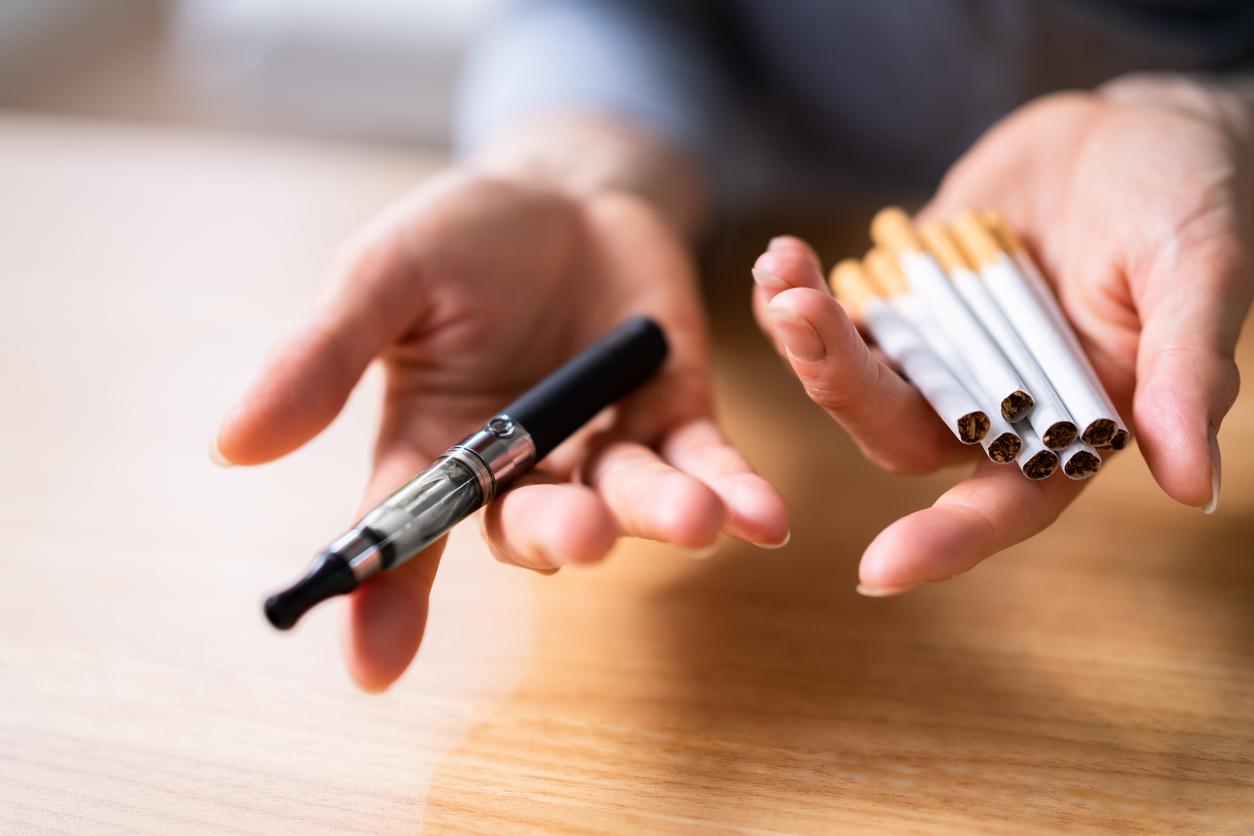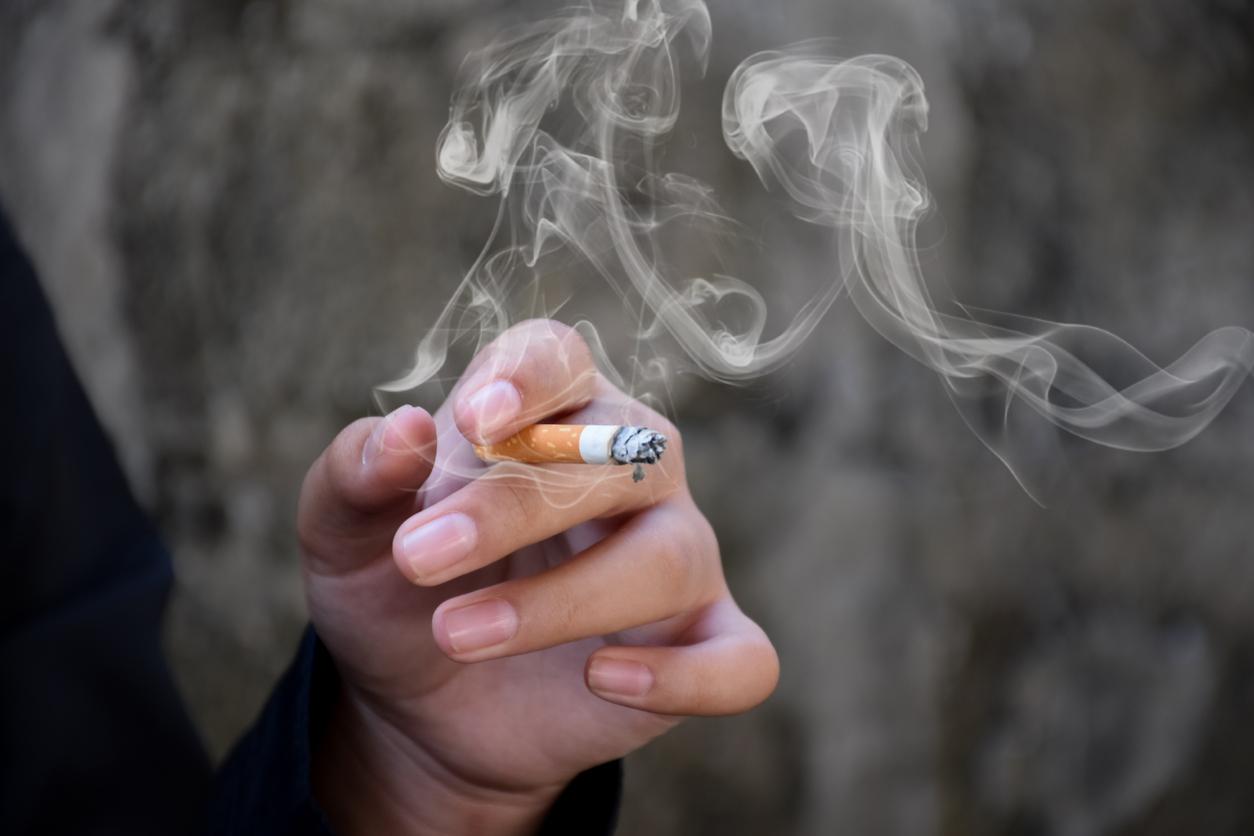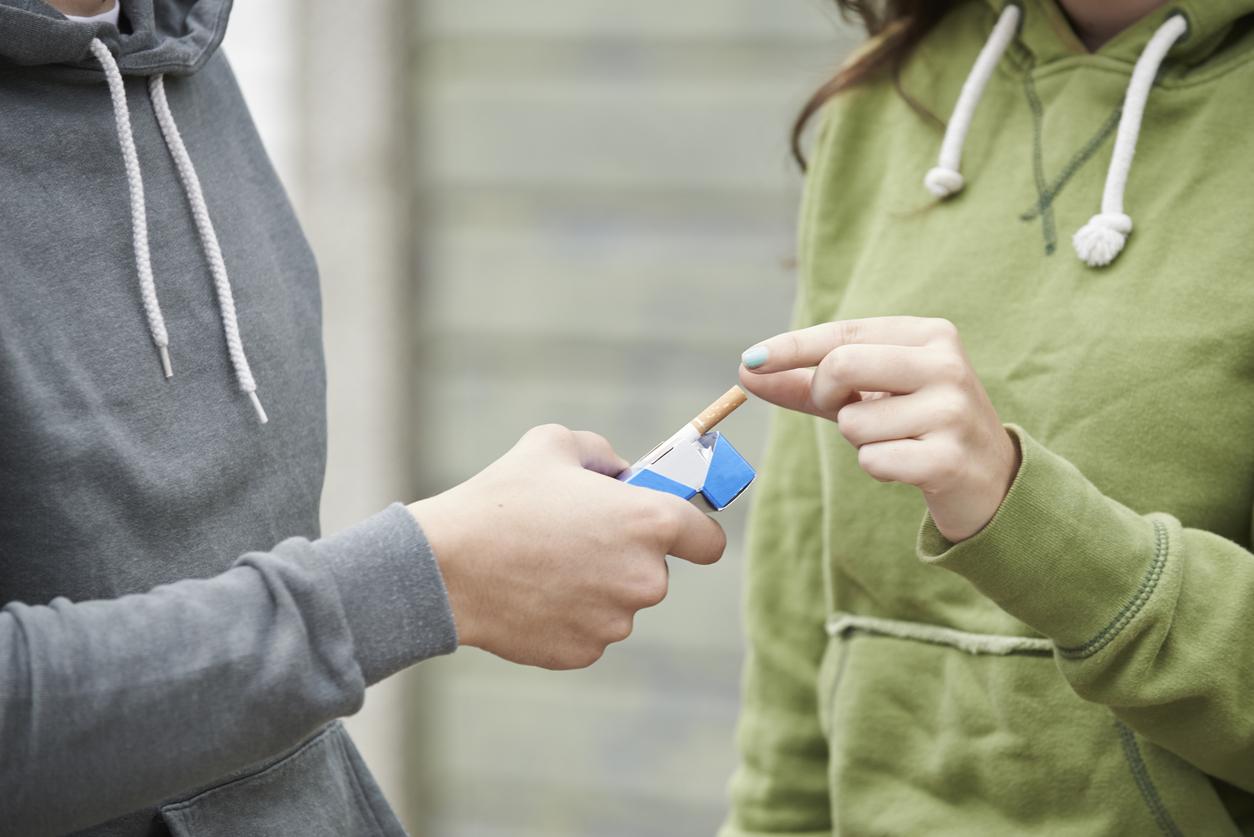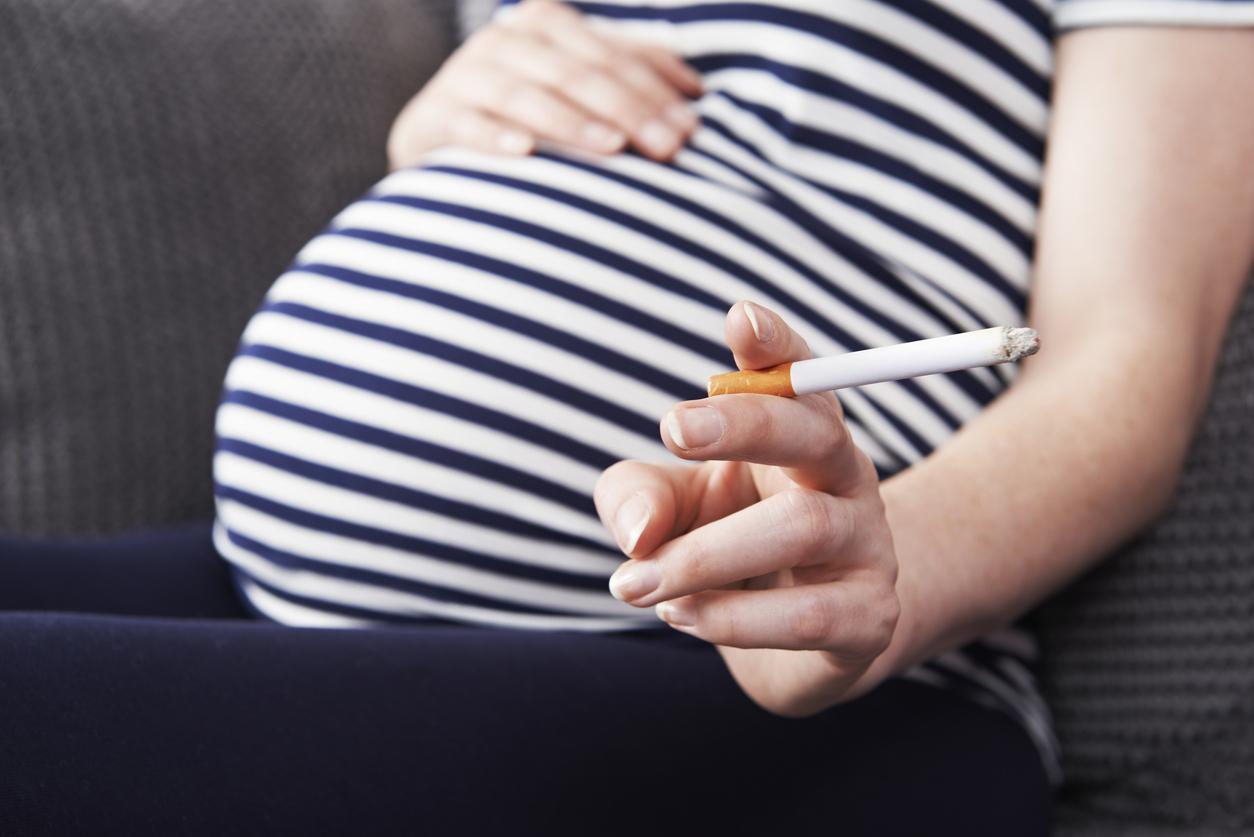KPMG has produced a report for the tobacco giants, which emphasizes the strength of the illicit cigarette market. Its conclusions are, however, highly questionable.

It is an astonishing assessment that the consultancy firm KPMG draws up in its report on the illicit cigarette market in the European Union. A document commissioned by the tobacco industry (Philip Morris, British American Tobacco, Imperial Tobacco and Japan Tobacco International), which tells us that the illicit tobacco trade “represents one in ten cigarettes consumed since 2010”.
53 billion cigarettes …
The rapporteurs show implicitly that the official data, the figures communicated by the politician on the consumption and the sales of tobacco, do not cease underestimating the reality. That in short, governments are failing miserably in their quest to wean populations; in any case, they will always find a way to get hold of the precious goods, even if it is illegal.
“The total volume of Counterfeit & Contraband products consumed within the EU reached 53 billion cigarettes, the largest volumes going to France and Poland”, we read.
11 billion euros in shortfall
And the report drives the point home by reminding States of the amount of revenue that passes under their noses … “If the volume of C&C cigarettes had been purchased lawfully, additional tax revenues of up to € 11.3 billion would have been obtained” , hammer the authors. For France, “where the prices charged are higher than in all neighboring markets”, the shortfall is estimated at 2.3 billion euros.
You don’t need a drawing to understand what these numbers mean. The tobacco lobby, which commissioned the report, has made the purchase of contraband a key argument in its communication strategy against the neutral package and the rise in the price of the package. The industry has also long been suspected of organizing this parallel market itself to reinforce the reality of this idea, but also to take advantage of untaxed products.
Pressures
In a communicated, the CNCT immediately reacted. The report, described as a “first-rate intox”, pursues only one objective: “to maintain the idea of a major illicit trade with constantly increasing figures and to forget the implication [des fabricants] past and present in traffic ”. An involvement which is “widely documented and demonstrated”.
“The period is sensitive for the tobacco companies who are pushing to prevent the application of the WHO protocol for the fight against illicit trade in tobacco products,” explains the CNCT. The latter notably includes a product monitoring and traceability system, independent of the manufacturers, liable to confuse it in its contraband practices ”.
Under these circumstances, what to think of the information provided by KPMG? The answer is probably to be found in the “important notice” which serves as the preamble to the report. “We have ensured, as far as possible, the consistency between the information presented in this report and our sources of information but have not sought to establish the reliability of the sources of information by reference to other elements. of proof ”. A very complicated formula for a very clear message …
.

















